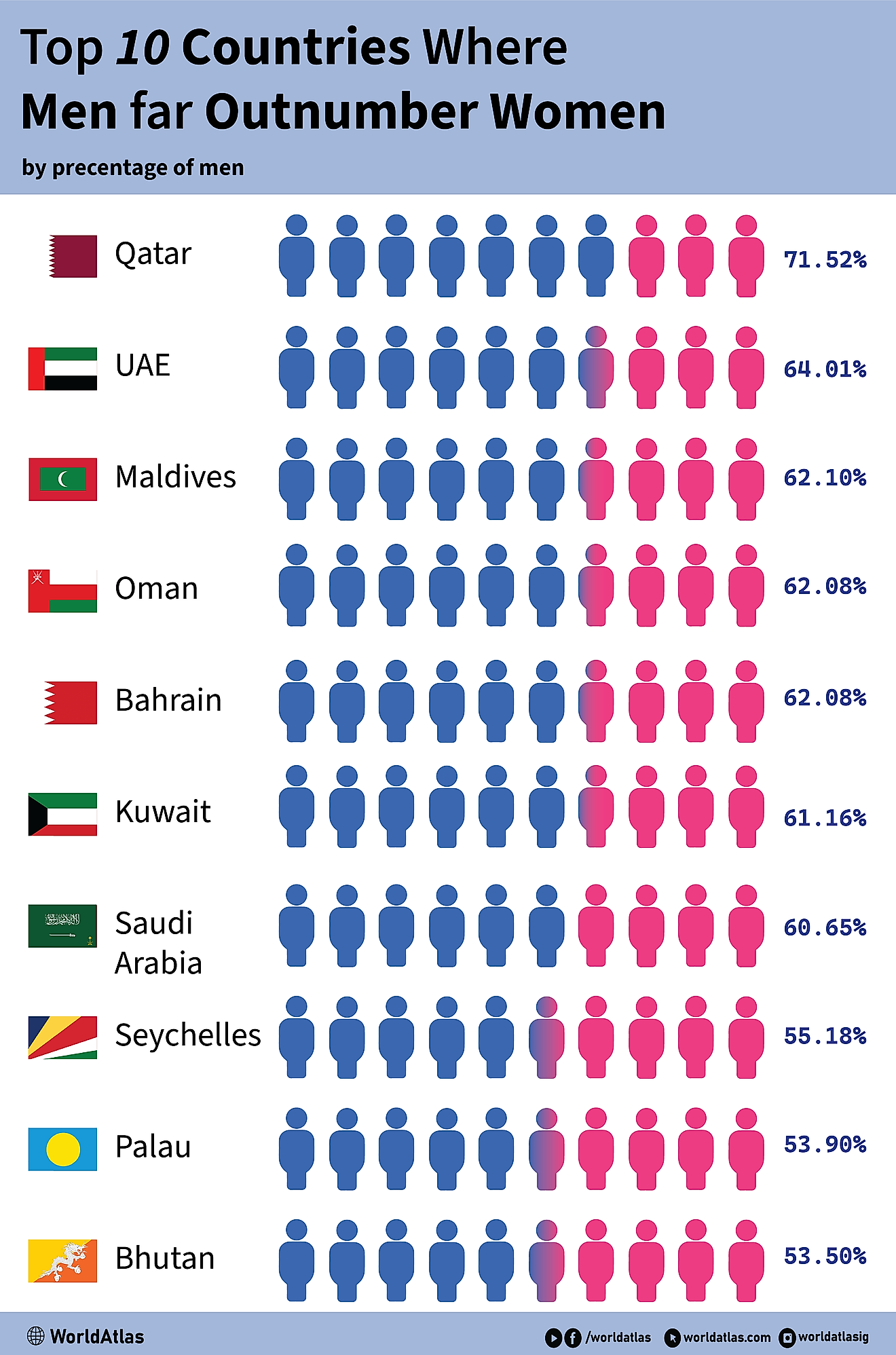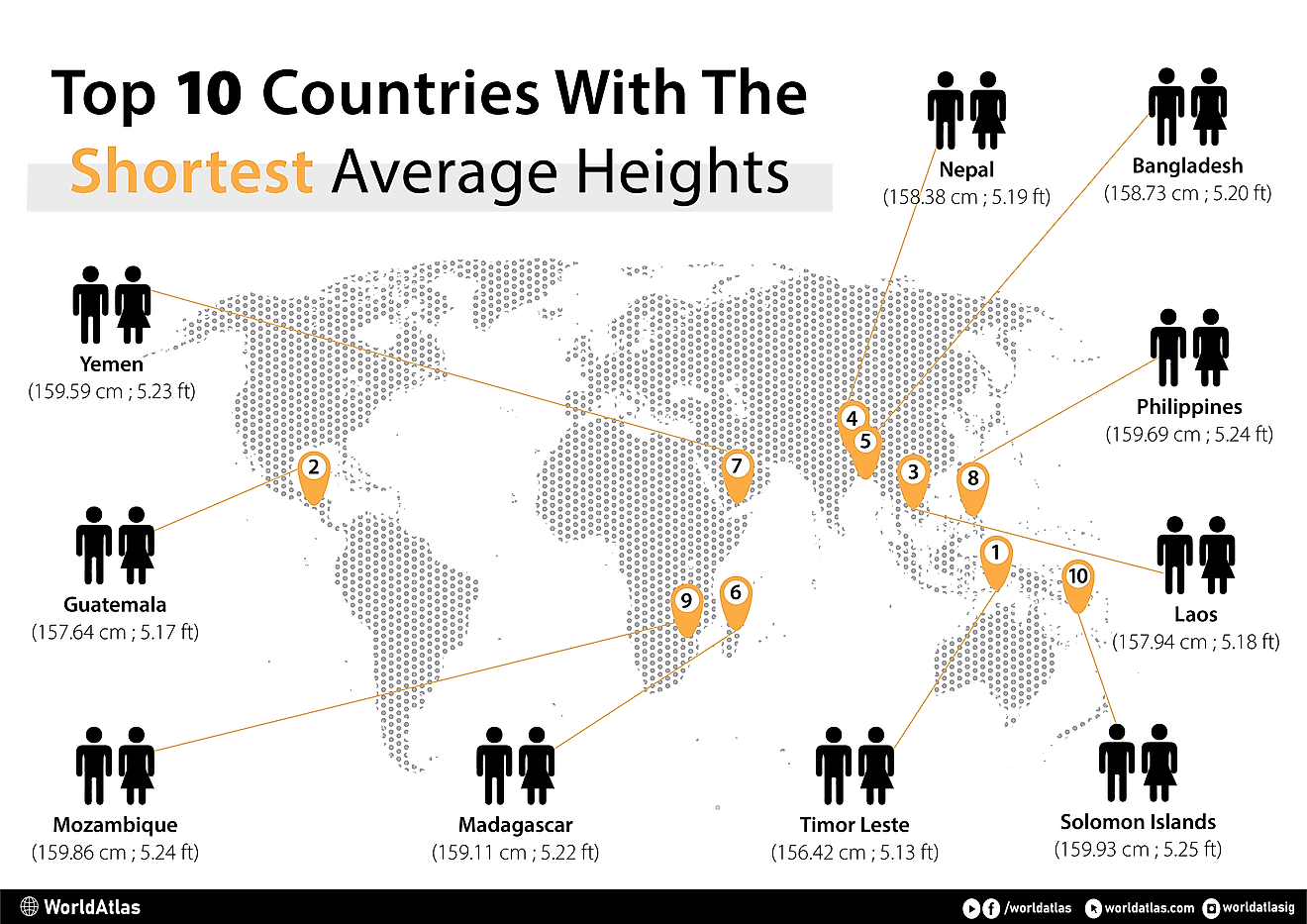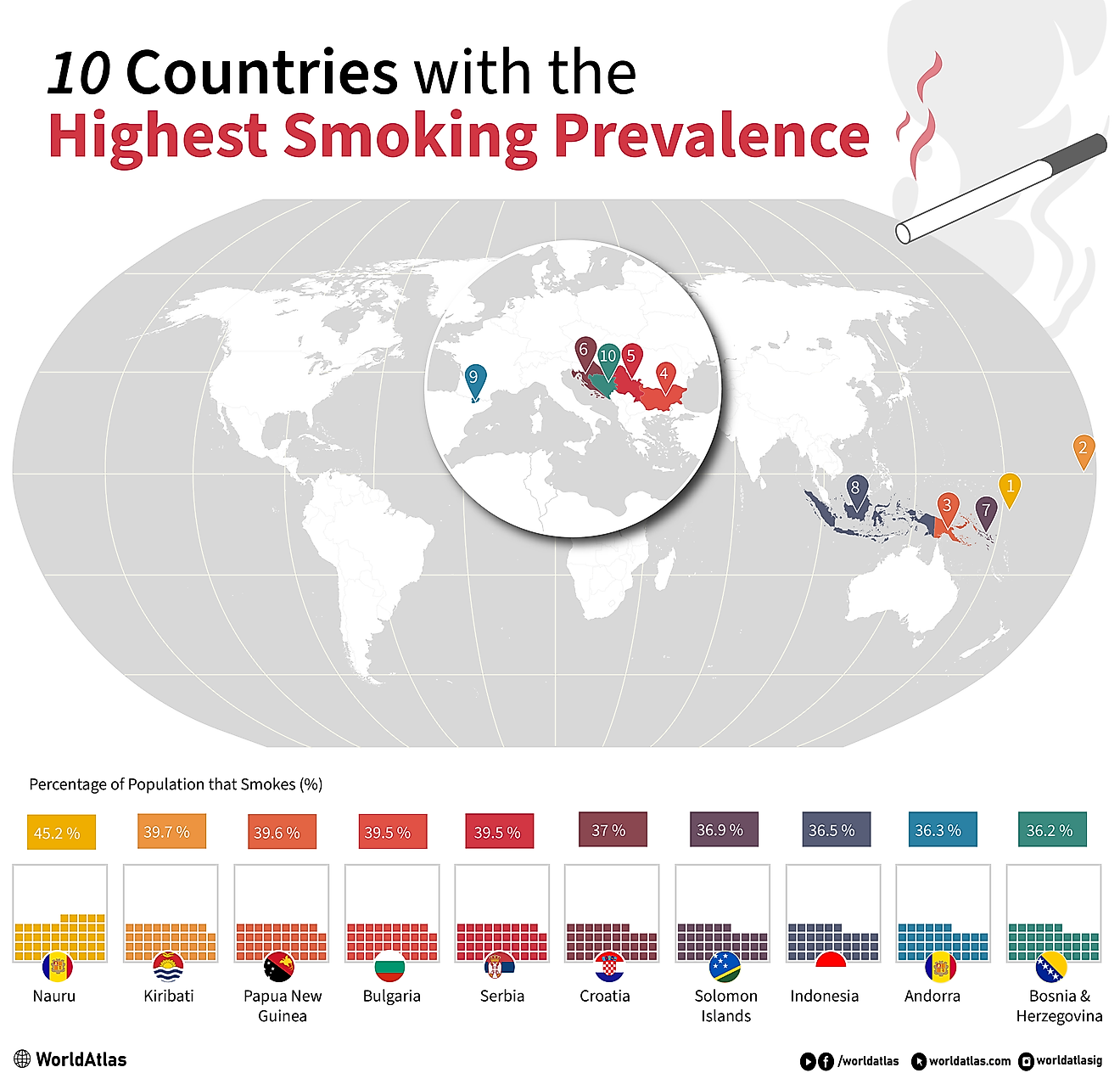What is a Madrasa?

The word 'madrasa' has a Semite origin that means 'to study in a place'. In Arabic and many Arabic-influenced languages, madrasa (madrasah, madraza, or medrese) represents any private, public, secular, and religious learning institution including a school and a university for Muslim or non-Muslim learners. In Islamic countries, madrasas usually include few courses, often two, like hifz (memorizing the entire Quran) and ʻālim (for those who want to become Muslim leaders). A ʻālim teaches the interpretation of the Quran, Islamic law, teachings of prophet Muhammad, logic, and Muslim history. However, in Muslim minority countries, including the west, madrasa refers to a religious education system where learners study Islamic content in Arabic including the Quran, Hadith, Islamic History, and Arabic literature. Most madrasas are usually, but not always, linked to mosques.
Early History of Madrasas
One of the earliest evidence of madrasa education traces back to 859 AD in Morocco’s Jāmiʻat al-Qarawīyīn (University of Al Quaraouiyine), one of the oldest universities. Other early mentions include Egypt around 959. During the medieval period (tenth century) in the Islamic world, a maktab was lower than a madras and often taught in mosques alone, whereas the madrasa meant higher education. However, secular sciences, ethics, music, and philosophical studies’ integration into the madrasa came later on during this period. Between the eleventh and fourteenth centuries, the madrasa curriculum grew and became more sophisticated to include Islamic philosophy and later on disciplines like mathematics, geography, astronomy, and astrology. During the Ottoman Empire, the madrasa education system integrated spiritual, intellectual, written, and oral education. The use was wide to an extent of converting a church into a madrasa to teach the then high-ranking hadith and medicine.
Importance of Madrasa According to Islam
Muslim scholars believe madrasa education anchors on the Quranic verse where prophet Muhammad says that “God, give me knowledge” and in other verses where he said “whoever leaves home to search for knowledge walks with God,” and “seek knowledge from the cradle to the grave". Furthermore, the timeless Arab saying “the ink of the scholars is more precious than the blood of the martyrs,” shows how important education was to early Muslims. Believing that prophet Muhammad taught and spread mercy, madrasas teach the hadiths of the prophet for people to be better human beings and serve for the betterment of humanity. From these texts, it is clear how and why madrasa education was and still remains important to Islam.
Madrasa and Humanitarian Assistance
In a world where the western education system is spreading fast, Muslim majority countries are also embracing the system. As the elite and middle-class in these nations continue to migrate to western education curriculum, madrasas are left to act as a humanitarian system for poor students. Poor parents enrol children into madrasas which do not need much money to run and where they receive free education alongside meals plus in some cases, a place to stay. Often, teachers also serve on a voluntary basis or for low salaries.
Misuse of the Word Madrasa
Of recent history, the world has been aggressively westernizing and madrasas have found themselves in an awkward position of trying to maintain Islamic education. Because of this ideological conflict, some madrasas helped spread anti-Western sentiments and bred radical movements like the Muslim Brotherhood, Jamaat-Islami, and Nahdatul Ulema whose graduates include the likes of Iranian Ayatollahs, Mujahideen leaders, and Taliban leaders. With the increasing stigmatization as well as the radicalization of Islam, the word madrasa has since been used in negative contexts especially in the post 9/11 non-Islamic world. Those who do not understand the word and radical Muslims contribute to the negative use. Radical Muslims have used some madrasas to actually intoxicate learners with biased information about jihad, therefore, learners grow and propagate hate against other religions and entities. This situation has been particularly the case in many countries like Somalia, Yemen, and Kenya.











